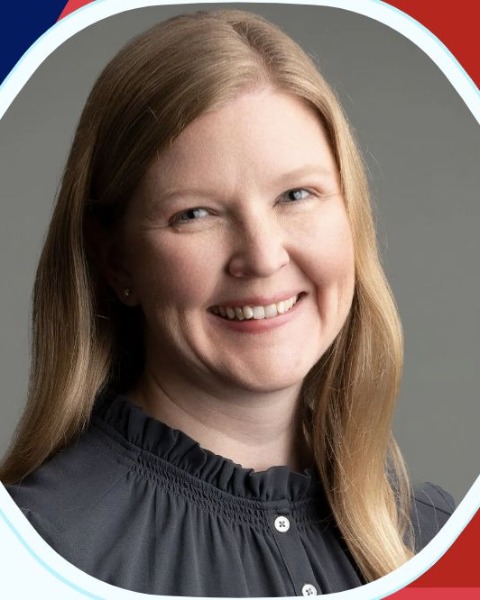Hypertension
Poster Session 2
(481) Engaging community doulas with a remote postpartum hypertension program for Black persons: A qualitative study
- EA
Elizabeth Albert, MA
University of Wisconsin Madison
Madison, WI, United States - MK
Megan Knutson Sinaise, MS
University of Wisconsin Madison
Madison, WI, United States - TM
Tia Murray, BA
University of Wisconsin School of Medicine and Public Health
Madison, WI, United States - NT
Nicole Thomas, RN
University of Wisconsin Madison
Madison, WI, United States - KW
Kathleen Wannemuehler, PhD
University of Wisconsin Madison
Madison, WI, United States - SP
Susan Passmore, PhD
University of Wisconsin Madison
Madison, WI, United States 
Kara K. Hoppe, DO, MS (she/her/hers)
Associate Professor
University of Wisconsin Madison
Madison, WI, United States
Coauthor(s)
Primary & Presenting Author(s)
Perform a qualitative assessment of the postpartum (PP) person’s experiences with addition of a community-based doula in an existing remote patient monitoring (RPM) program for PP hypertension (HTN).
Study Design:
Qualitative study to explore Black PP person’s experience with addition of a community-based doula in an existing PP RPM program for patients with Hypertensive Disorders of Pregnancy (HDP) to improve program participation with BP submission as well as an improvement in overall postpartum care. We prespecified the plan to conduct up to 20 semi-structured interviews to achieve thematic saturation in understanding participant experiences and any barriers or facilitators regarding the intervention. The interviews were coded and thematically analyzed using a modified grounded theory approach using NVivo 12.
Results:
Interviews were conducted with 19/49 individuals who participated in the study. Then mean (SD) maternal age was 27.3 (6.04), 74.5% were single, 96.1% had a prior pregnancy, and 33.3% delivered pre-term. Five themes emerged; three regarding facilitators/benefits 1) communicative, responsive and supportive care, 2) ability for participants to better care for their health and wellbeing, and 3) emotional support provided by doulas. The two themes regarding barriers were 4) challenges with technology and 5) difficulty remembering to submit vitals. Participants shared overwhelming positive support for the program. Any challenges or criticisms of the program were with technological difficulties.
Conclusion:
Overall participants reported positive experiences with the addition of community-based doulas in our RPM program for patients with HDP. Specifically, they felt their physical and emotional health were better supported. Barriers were rare and limited to technology difficulties. This study highlights the ability to improve participation with clinical care measures by utilizing alternative strategies such as involving community stakeholders to assist in supporting non-clinical needs.

